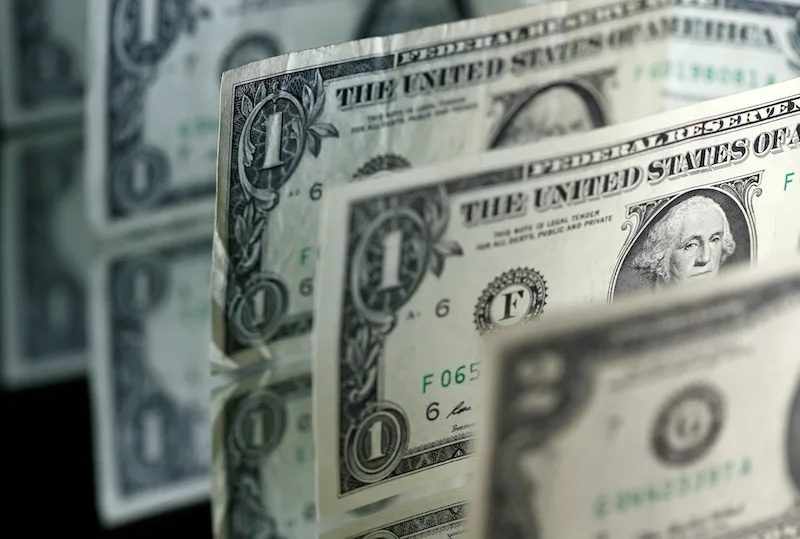Pay problems: what Goldman Sachs and Ireland’s AIB have in common
- Date: 24-Jan-2022
- Source: Financial Times
- Sector:Financial Markets
- Country:Middle East
Pay problems: what Goldman Sachs and Ireland’s AIB have in common
Which is the better bet? Should an investor buy shares in Goldman Sachs — market capitalisation $116bn and a global super-brand among investment banks — or Allied Irish Banks, one-fifteenth the size and still majority-owned by the Irish government after a humbling bailout 13 years ago?
Over the past year, there has been no question, at least in pure share price terms: Goldman stock is up a half-decent 20 per cent. That, though, is trounced by AIB’s 32 per cent gain. (It also falls short of the 28 per cent rise in the Dow Jones US banks index).
As the Irish government restarts its sell-down of AIB shares, the odds may favour AIB going forward, too. The Irish economy will grow by a further 5 per cent-plus this year, building on near-15 per cent GDP growth in 2021, according to EU forecasts. Even according to Goldman’s own optimistic outlook, the US economy will expand by only 3.8 per cent this year
Add to that the relative market dominance: AIB commanded 40 per cent of the Irish market even before recent decisions by Ulster Bank and KBC to exit the country. For all Goldman’s chutzpah, it operates in fiercely competitive investment banking, asset management and























